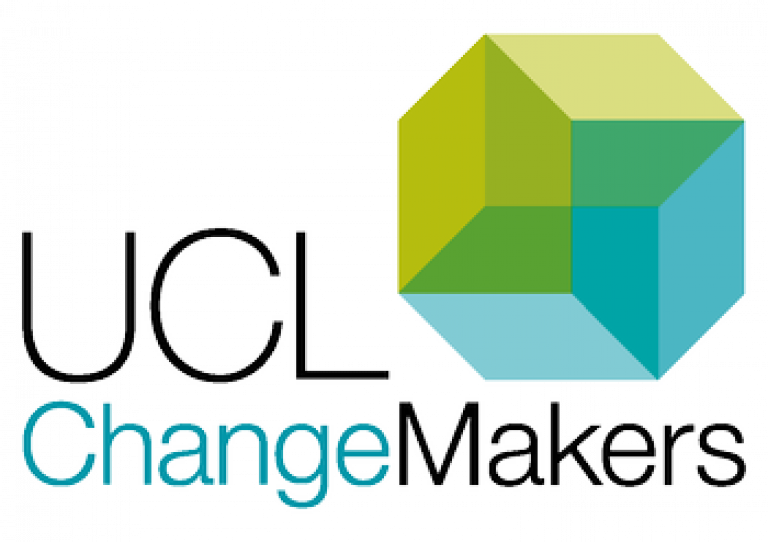Call for UCL students to lead research project on UCL developments in East London
24 November 2016

The Bartlett and UCL Urban Laboratory are seeking applications from two postgraduate or graduate students to lead a research project exploring students' experience of the Bloomsbury campus, and developing recommendations for new UCL developments in the east of London - UCL East and Here East.
UCL East has been billed "as a model for the university campus of the future". To inform this ideal, 'Study in the city: student-led recommendations for UCL in East London' will investigate perceptions of and interactions with the Bloomsbury campus and surrounding environs, by using a range of interdisciplinary research questions developed in collaboration with staff and support students. These could touch upon spatial analysis, transport planning, local business consultation, and inclusive design, amongst other topics. Utilising comparative skills, recommendations that could aid the student experience at the two new East London sites will be drawn up. The output of the research will be circulated widely to key stakeholders in the development process.
Funding for the project comes from UCL ChangeMakers and The Bartlett, Faculty of the Built Environment. The project is led by Rebecca Payne (Student Experience Officer, The Bartlett) and Jordan Rowe (Centre Manager, UCL Urban Laboratory).
A separate call will be issued on Friday 2 December for Support Student roles, open to students in all UCL faculties and at all levels of study.
What will I do?
- In partnership with one other lead student, and members of UCL staff, you will lead a group of twelve support students ranging from first-year undergraduate to taught postgraduates across different UCL faculties, in conducting the above research.
- You will be and manage the budget of the project.
- You will commit to a provisional schedule of weekly workshops with all participants of the project, occasional meetings with staff, and independent writing time. The main project is expected to take place between January and April 2017.
What's the benefit?
- You will be paid for up to 40-50 hours of independent writing and research throughout the project duration at Grade 6A (£14.47 p/h). You will not be paid for attending workshops and site visits. You will be paid for the hours worked on completion of time sheets.
- You will gain critical interdisciplinary and comparative skills and methodologies through workshops and site visits with the trans-disciplinary, cross-faculty UCL Urban Laboratory.
- You will collaborate with staff and students across UCL and external organisations, and acquire teamwork and project management skills.
- You will produce a print report with the potential to influence future university development decisions, both in the context of UCL, but also further afield.
- You will receive certification of your involvement from UCL ChangeMakers and the opportunity to present your research in front of different audiences.
Who should apply?
- To apply, you must be a current postgraduate or graduate student studying in any department of The Bartlett, Faculty of the Built Environment.
- You should be confident in presenting your work and managing a team of peers.
- You should have an interest in urban regeneration, student experience, and the relationship between universities and their local communities.
How do I apply?
Send a CV, plus a cover letter outlining a potential research question. Ensure that your CV contains information on your current department, course title, and period of study.
Send to Rebecca Payne bartlettstudentexp@ucl.ac.uk by 6pm on Friday 9 December 2016.
We may invite you to attend an informal chat on the morning of Thursday 15 December. Please be aware that students on Tier 4 Visas must not work more than 20 hours in total in each seven-day period.
Expected timeframe
| Early January | Selection of support students.
|
| 18 January | Initial roundtable discussion to produce preliminary research questions.
|
| January - March | Research conducted, with regular workshops and site visits.
|
| Mid-March | First research output produced by all participants, e.g. interim briefing, executive summary of initial recommendations, research poster (to be decided).
|
| April | Two lead students compile report, in liaison with staff and input from support students.
|
| Start of term 3 (April/May) | Presentation of report and recommendations in front of key stakeholders. |
 Close
Close

